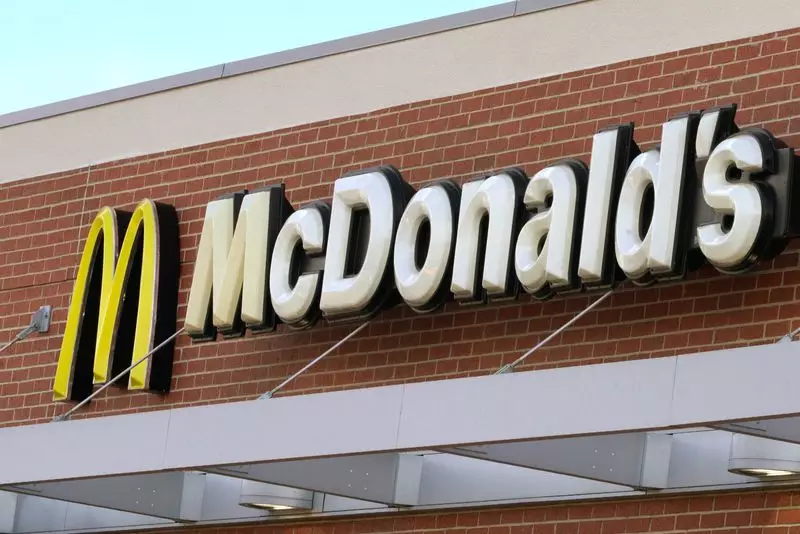In a troubling turn of events, McDonald’s has encountered a significant public health crisis tied to its popular Quarter Pounder burger. The outbreak, which has been linked to the fast-food chain’s beef patties, has resulted in one confirmed death and has affected nearly 50 individuals, with at least 10 requiring hospitalization due to severe complications. As the U.S. Centers for Disease Control and Prevention (CDC) investigates, the fast-food giant has implemented emergency measures, withdrawing the Quarter Pounder from a fifth of its locations across the United States.
The CDC’s spokesperson, Tom Skinner, has expressed apprehension that additional cases are likely to emerge as the investigation unfolds. This outbreak arrives as a substantial blow not only to consumer health but also to McDonald’s reputation—an aspect the company must prioritize in the weeks to come.
In such crises, speed and efficacy in response can make a considerable difference. McDonald’s officials have been proactive in pulling affected menu items from restaurants across multiple states, including Colorado, California, and Wyoming. President of McDonald’s USA, Joe Erlinger, publicly acknowledged the need for the chain to rebuild consumer trust during an interview on NBC’s “Today” show.
The swift removal of the Quarter Pounder from menus is crucial, yet it merely represents a surface-level response to an issue that demands deeper examination of the company’s food safety protocols. Analyzing the existing supply chains—particularly the sourcing and testing of ingredients like slivered onions and beef patties—will be imperative for McDonald’s to prevent future incidents. McDonald’s stated that their suppliers regularly conduct tests and that no E. coli strains were identified during the risk period provided by the CDC, suggesting that further inquiry into the entire supply chain might be necessary.
The implications of foodborne illness outbreaks extend far beyond immediate health concerns; they often have profound economic ramifications as well. Previous E. coli outbreaks, particularly those linked to other fast-food chains like Chipotle and Jack in the Box, have resulted in drastically decreased sales and long-term damage to brand loyalty. Chipotle, for instance, took nearly 18 months to recover from its 2015 E. coli outbreak, showcasing the potential for lasting financial impacts.
As analysts assess the situation, the fear is that McDonald’s could also see a declination in revenue as consumers distance themselves from the brand. The stock market reacted swiftly to the news, with McDonald’s shares seeing a dip of almost 5%. Investors are keenly aware that consistent food safety standards are critical for maintaining not only public health but also brand reputation. Any sign that McDonald’s is failing in this regard could result in a sustained downturn in consumer trust and, consequently, sales.
The road to recovery for McDonald’s will demand a multifaceted approach. They must not only address immediate consumer concerns but also enhance their long-term food safety measures. A transparent communication strategy with the public can mitigate some of the backlash and restore faith in the brand.
By taking lessons learned from past incidents and implementing stronger oversight of food preparation and supply chains, McDonald’s can emerge from this crisis with renewed commitment to customer safety. In a competitive fast-food landscape, where consumer trust is invaluable, learning from the past and prioritizing food safety will be essential for McDonald’s as it navigates this tumultuous period.
The challenge ahead will be formidable, including everything from supply chain adjustments to rigorous public health protocols. However, if executed well, this crisis may serve as a catalyst for creating a safer dining environment, ultimately reinforcing McDonald’s position as a leader in the fast-food industry.

